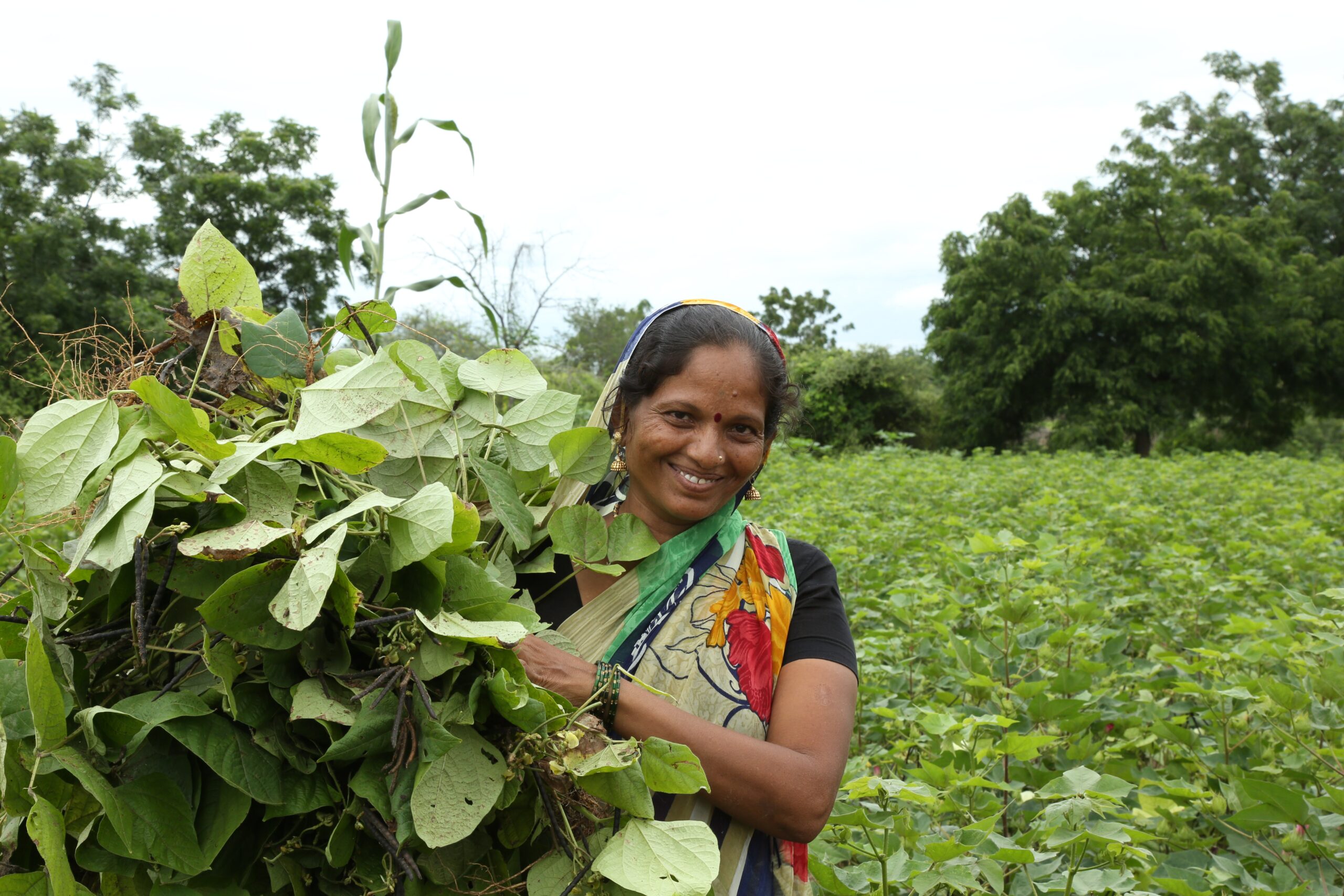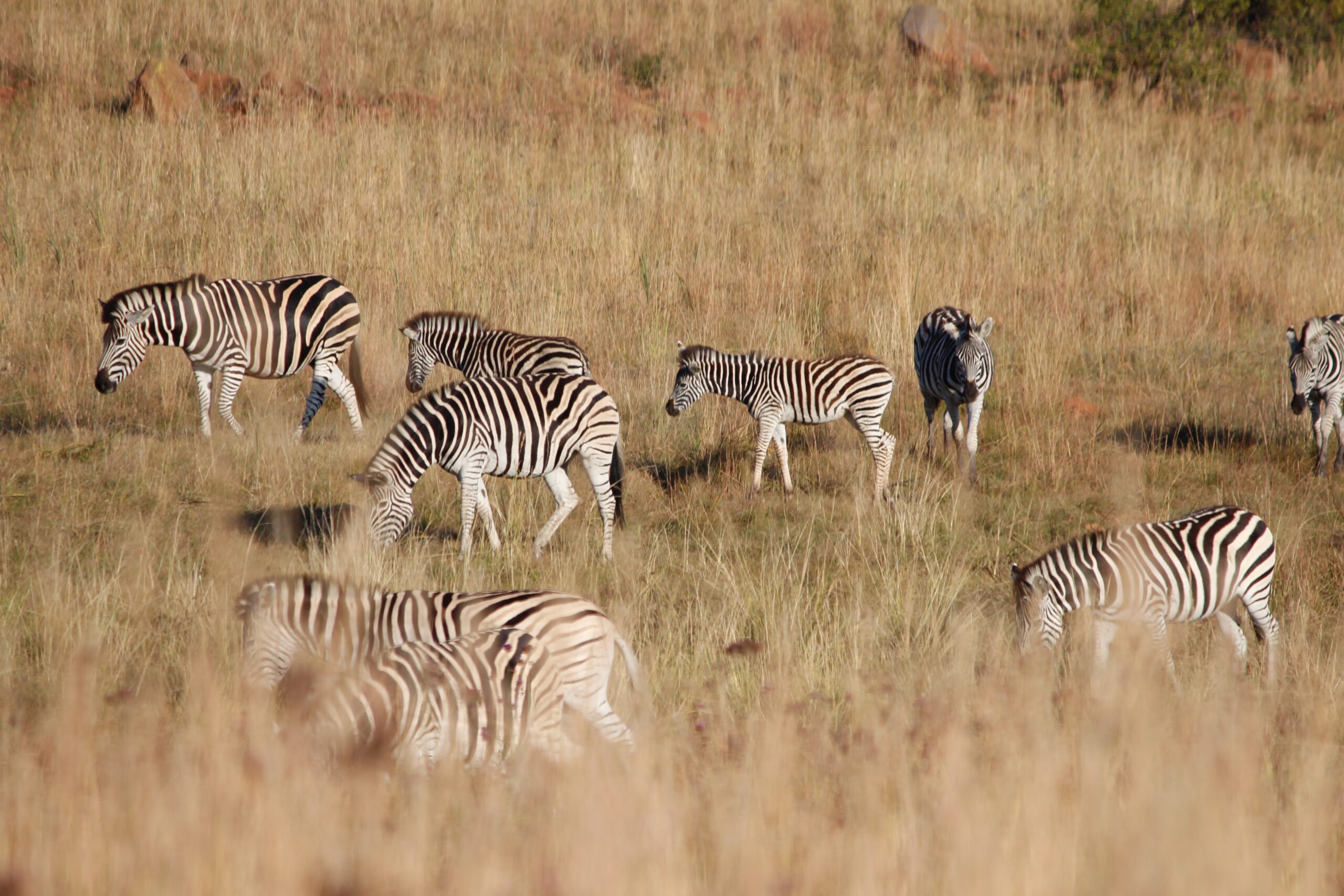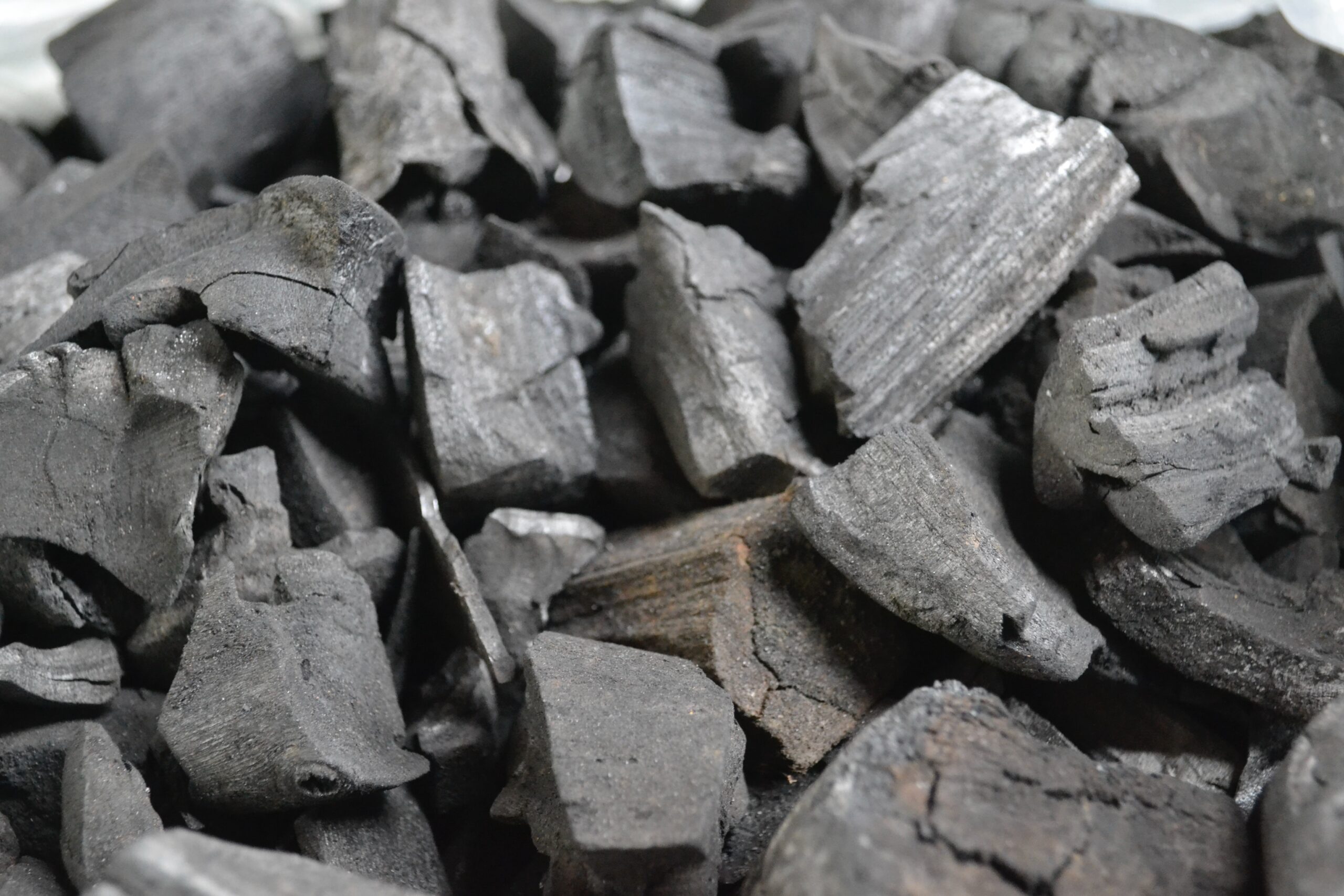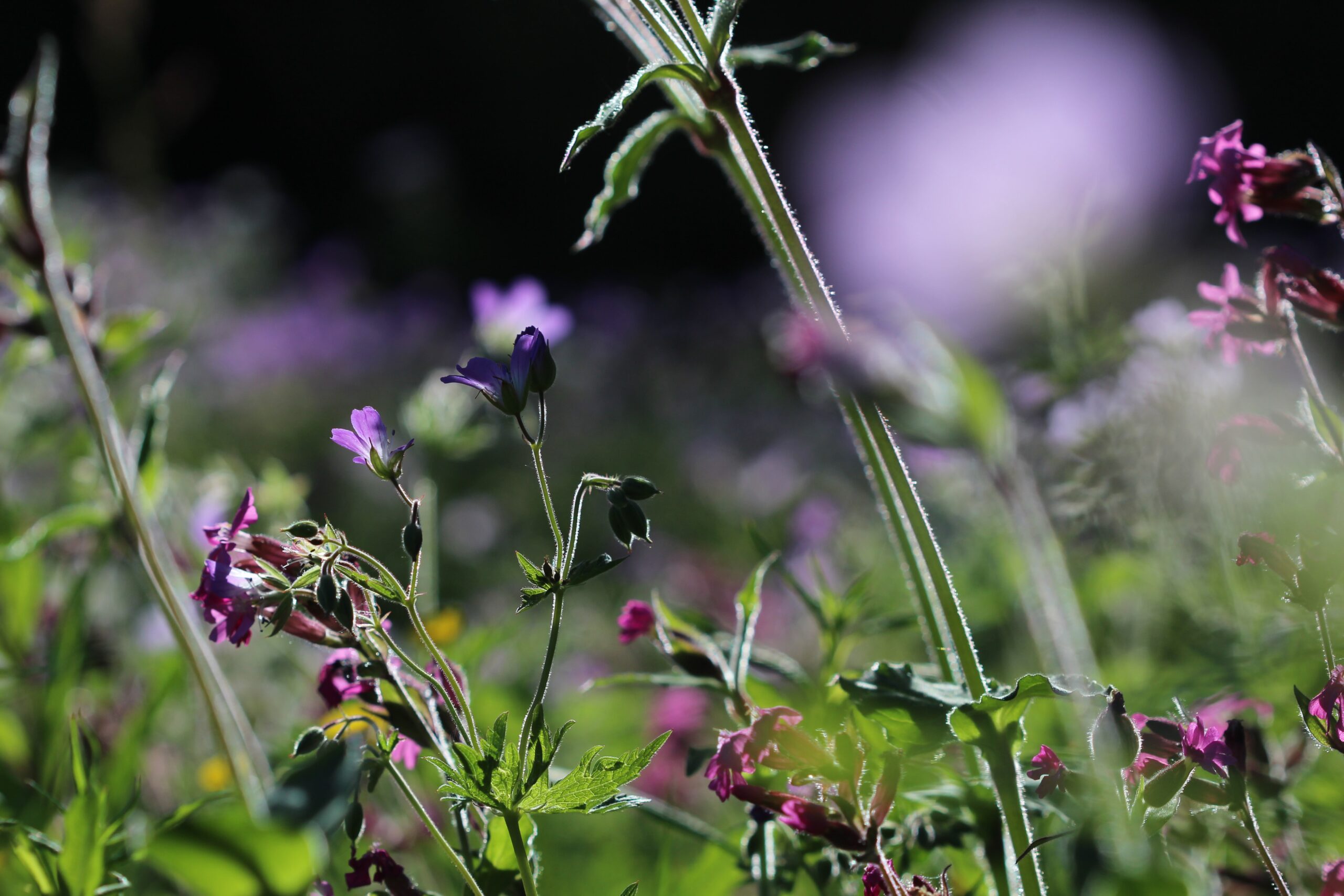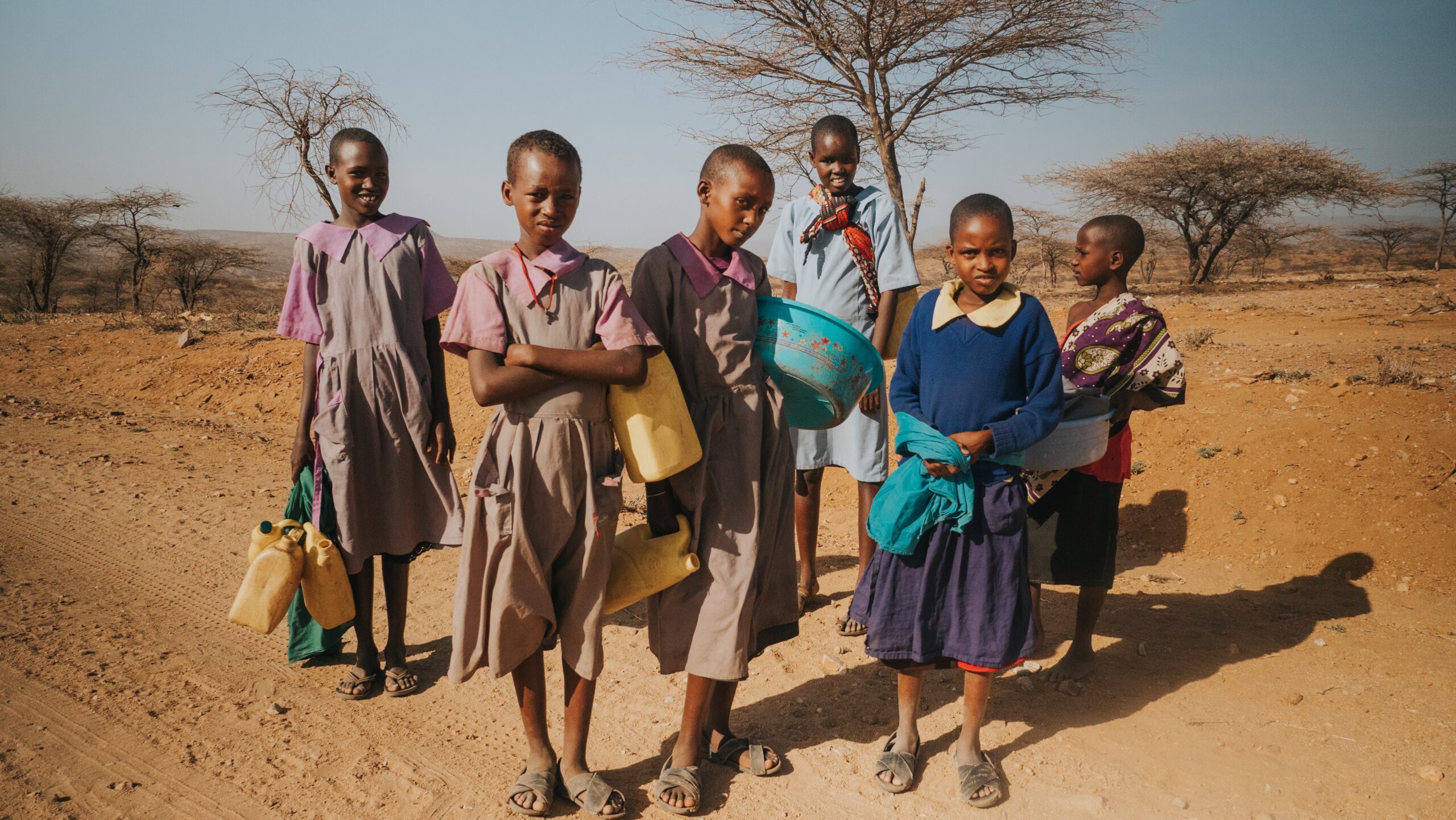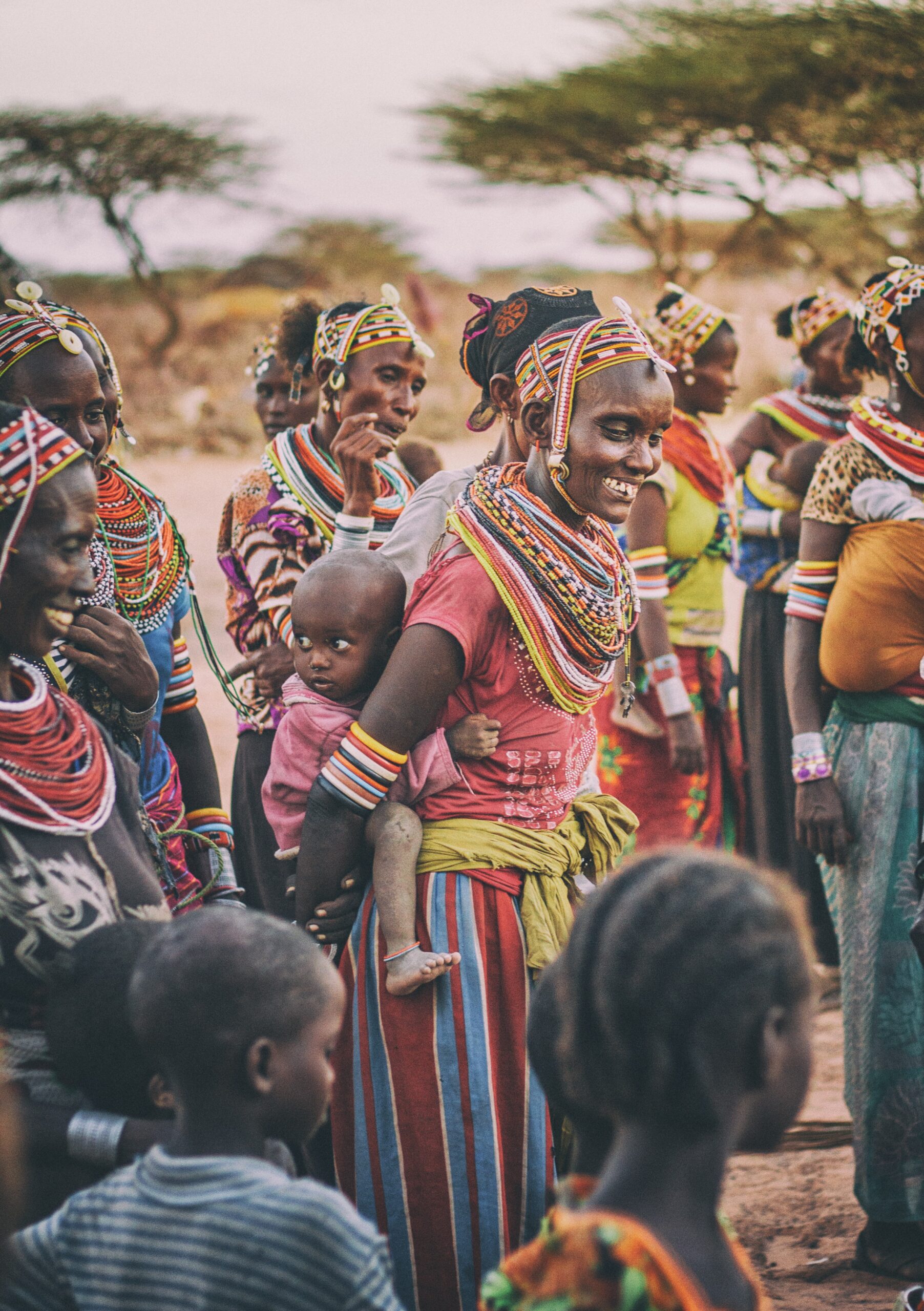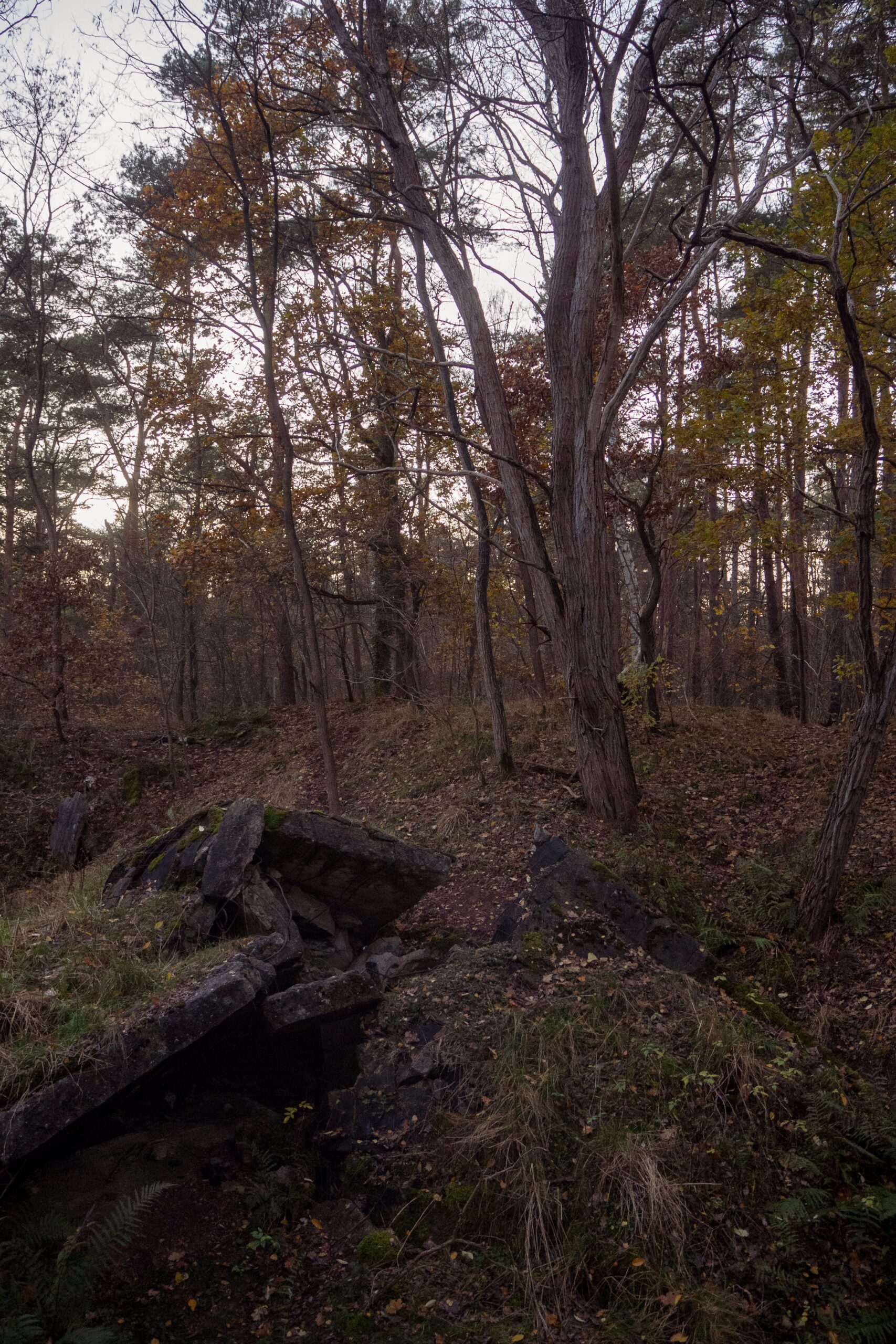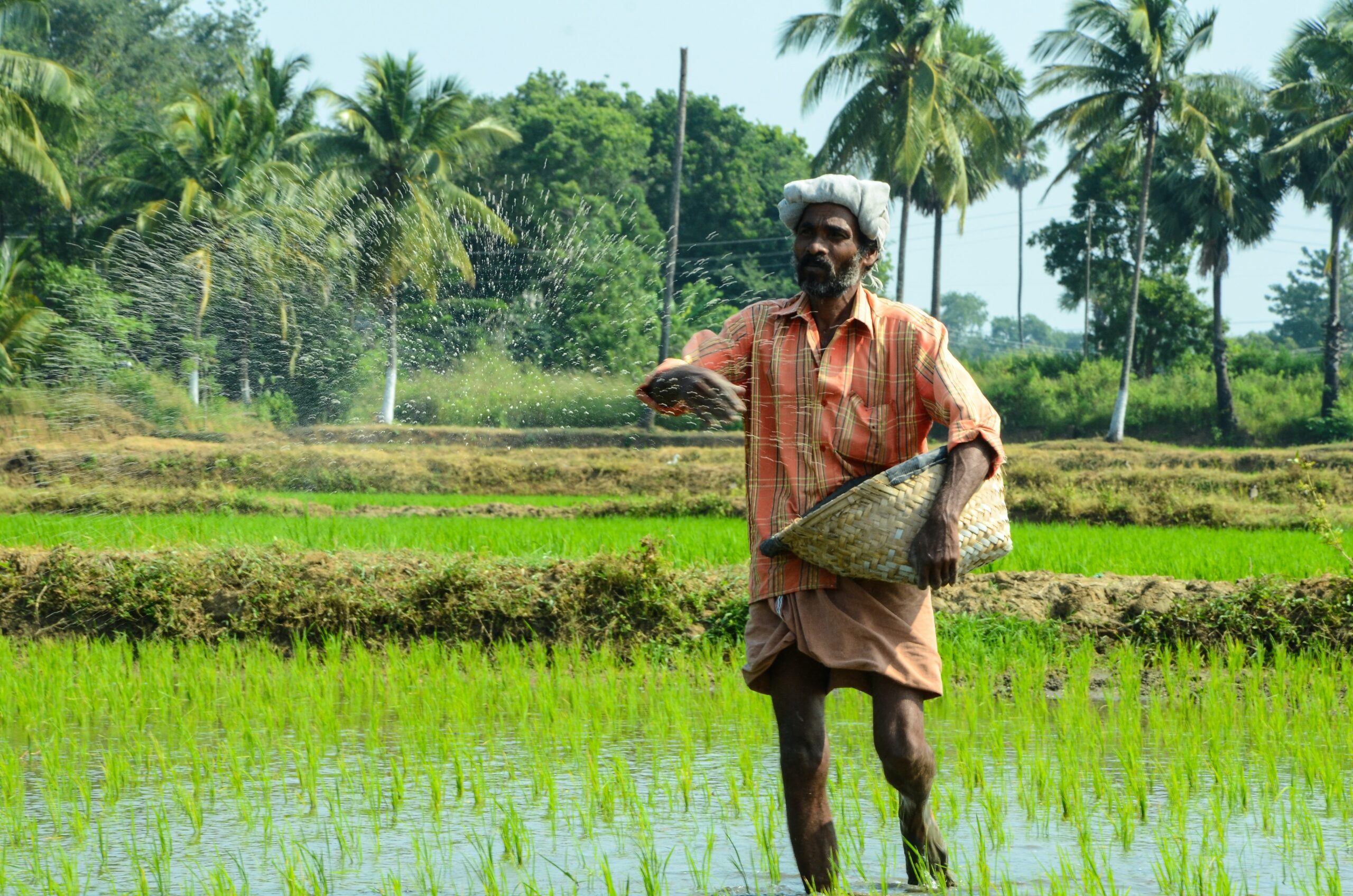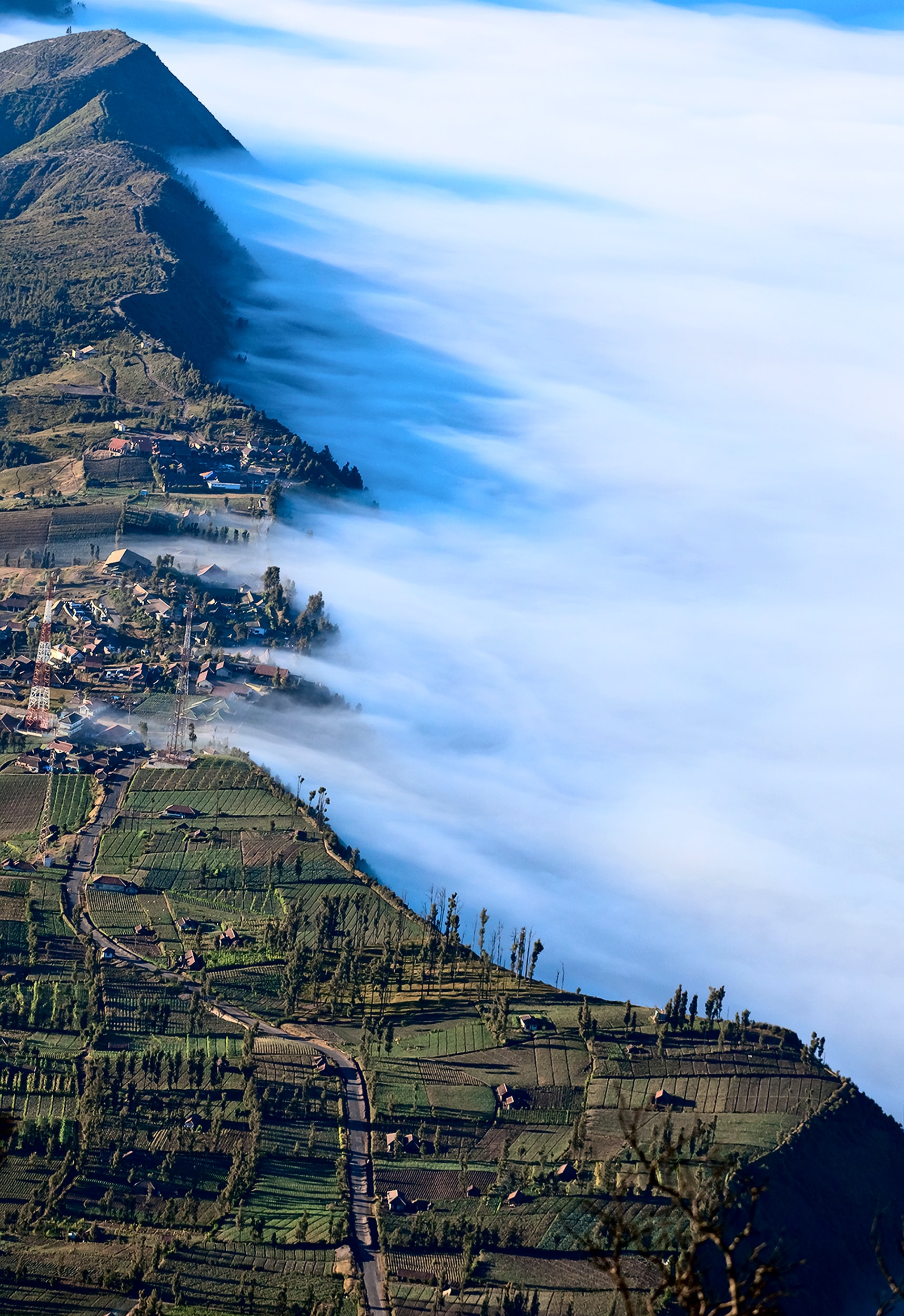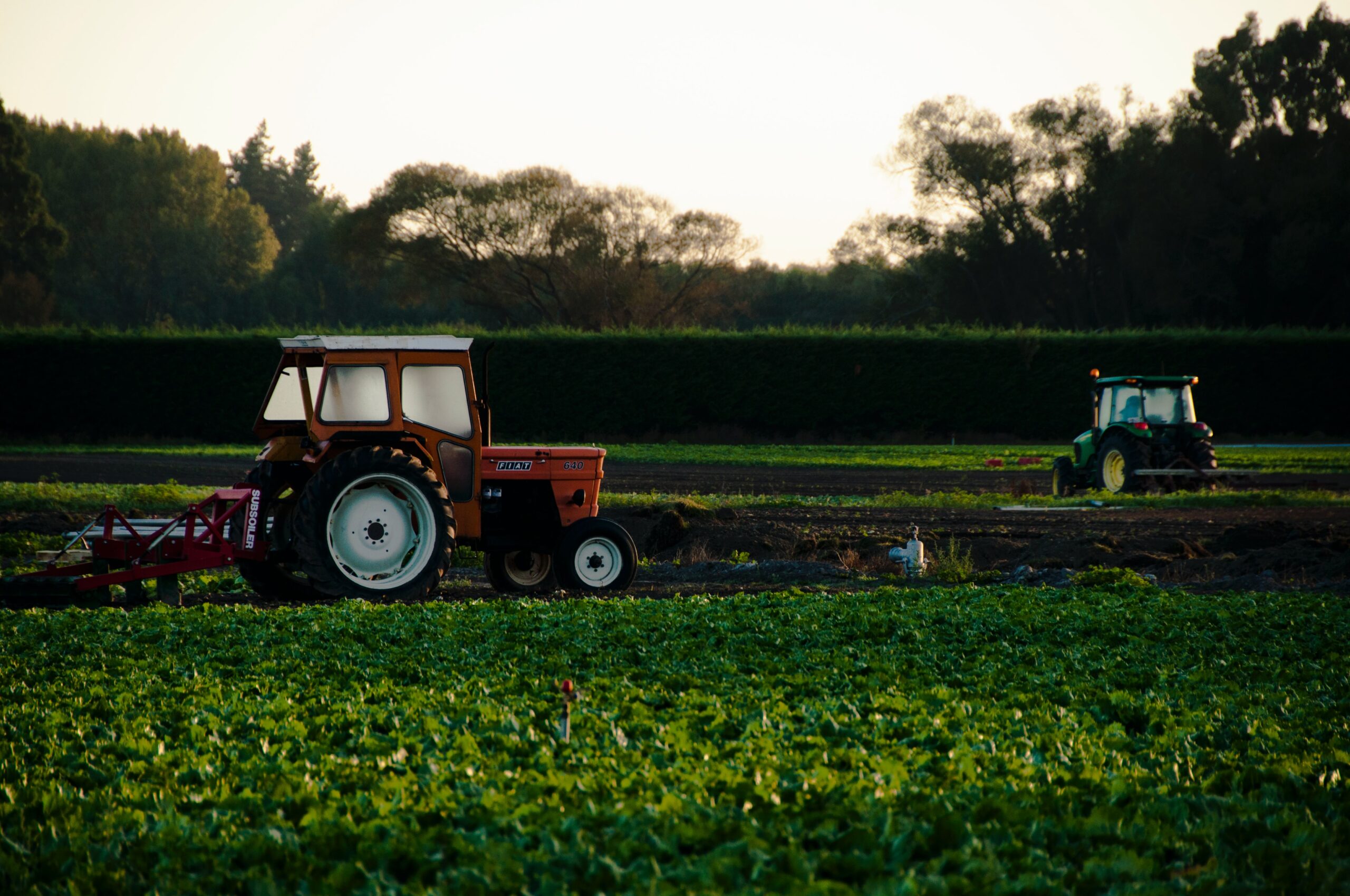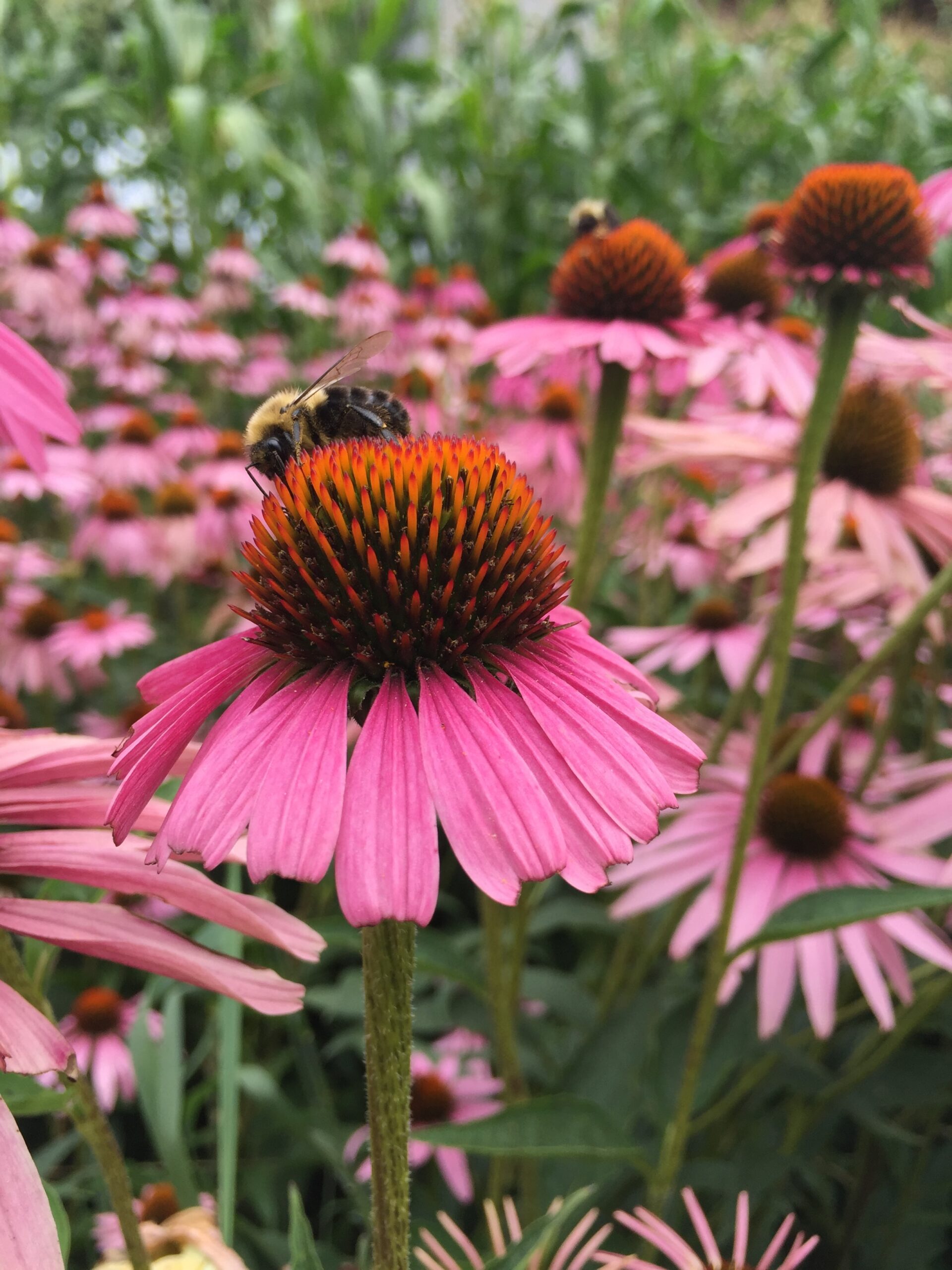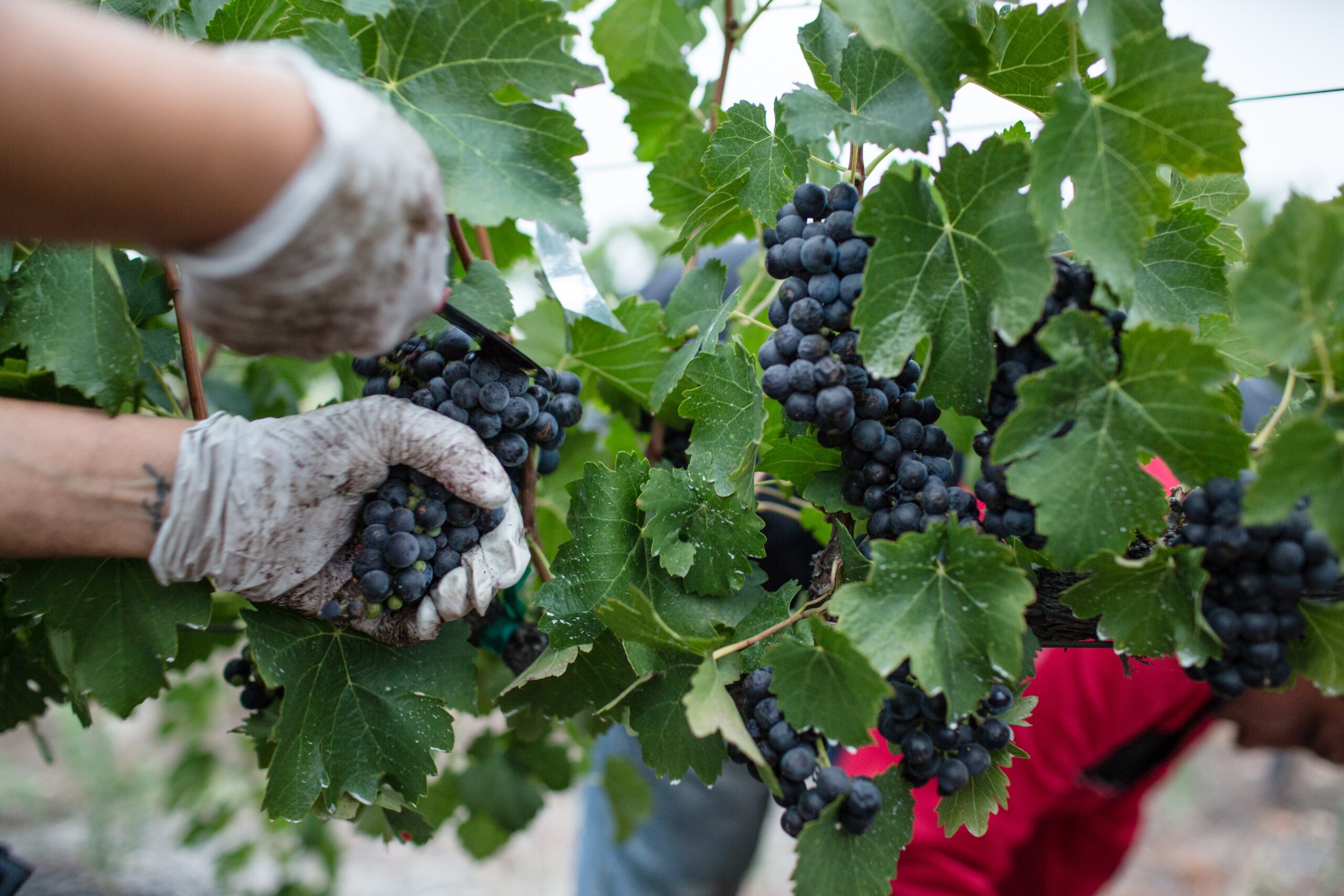‘Community participation has, over the past decades, become a key component of nature conservation initiatives worldwide. ‘Participation’, a term that signals the involvement of local stakeholders in conservation practices, is central to Integrative Natural Protected Areas (INPAs) in Latin America, where INPAs have become the dominant form of environmental protection policy and biodiversity research. Based on an analysis of the Sierra de Huautla Biosphere Reserve (SDHBR) in Mexico, this paper describes different and frequently conflicting understandings and practices of community integration. Drawing upon Situational Analysis (SA), we examine the forms through which local participation may be coordinated, in advance, by extra-local conservation agencies. We then trace competing forms of participation where local stakeholders devise tactics to challenge imposed policy templates and articulate their own co-emerging interests. By interrogating neoliberal rhetoric of inclusion, and by re-mapping local participation on the ground, we make visible an approach to socio-natural conservation research that is more critical, more accountable, and more attentive to a local agency.














































































































































































































































































































































































































































































































































































































































































































































































































































































































































































































